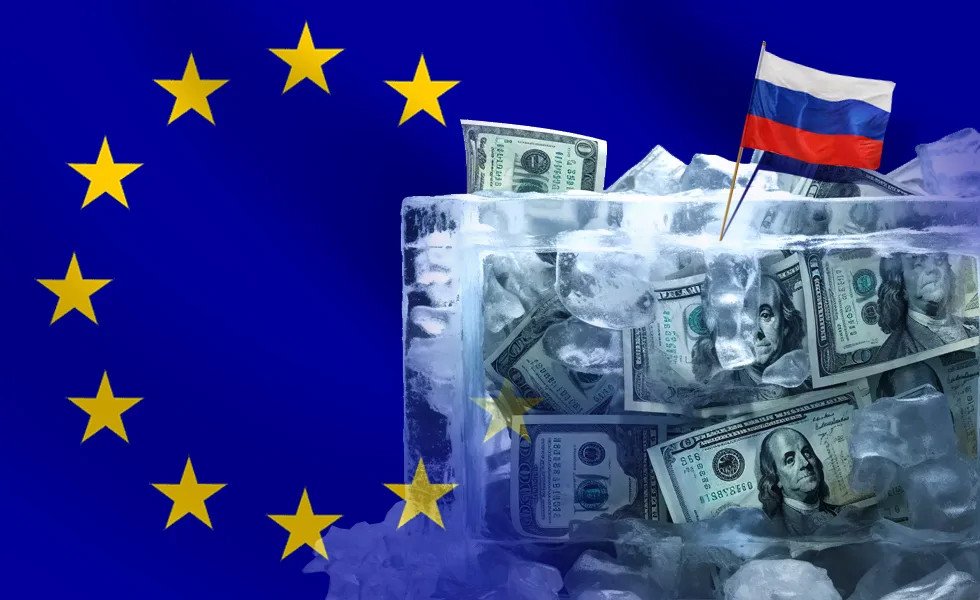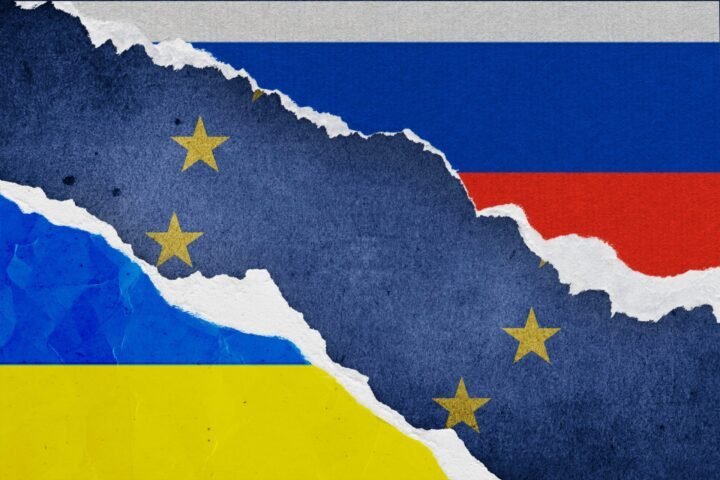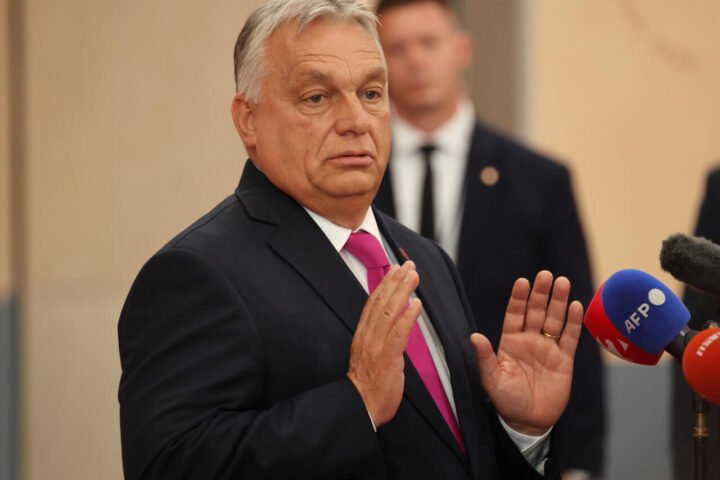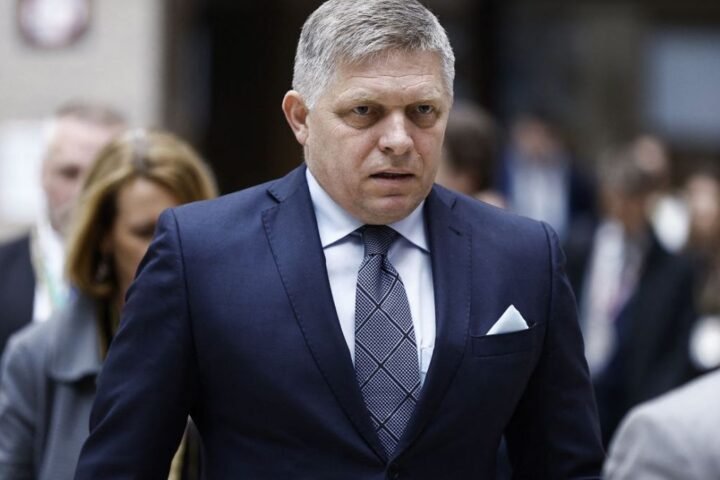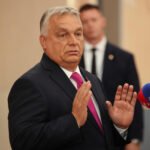On October 23–24, 2025, European Union leaders will convene at the European Council to discuss a proposal from the European Commission to extend a €140 billion “reparations loan” to Ukraine, backed by frozen Russian state assets held in Belgium. The plan aims to channel parts of €175 billion in assets currently managed by Euroclear toward Ukraine’s reconstruction and debt repayment obligations.
Belgian government calls for legal safeguards before approving loan mechanism
Belgian Prime Minister Bart De Wever has outlined strict conditions for Belgium’s consent. These include guarantees that no EU measures will be construed as outright confiscation of Russian assets, a binding agreement to share all current and future legal risks across member states, and provisions for rapid fund accumulation should Euroclear be obliged to return assets following a peace agreement between Moscow and Kyiv. De Wever stressed that such guarantees should persist beyond the removal of Western sanctions, given the potential for arbitration disputes years later.
Diverging positions among EU members and legal concerns
The debate is shaped by legal and financial concerns. France and Luxembourg have expressed caution over the precedent of converting frozen assets, citing the need for robust legal safeguards. Both nations hold significant Russian assets themselves — €18 billion and €10 billion respectively — and stress that without a strong risk-sharing mechanism, the proposal cannot be finalized. Belgium, as the location of Euroclear where roughly €185 billion of Russian central bank assets are held, plays a central role in the deliberations.
G7 backing and possible breakthrough at European Council
On October 1, 2025, finance ministers of the G7 reaffirmed their readiness to use the full value of Russian sovereign assets frozen in their jurisdictions to secure a “fair and lasting peace” in Ukraine. This statement could reduce intra-EU concerns if G7 members join risk-sharing or guarantee schemes. Earlier in October, German Chancellor Friedrich Merz noted a “strong consensus” among European leaders in favor of such an approach, suggesting a decision at the upcoming European Council meeting is possible. However, an informal summit in Copenhagen did not produce a consensus, leaving key issues unresolved.
Context and stakes of the proposal
The European Commission’s proposal envisages using €175 billion of frozen Russian state funds invested in Western sovereign debt to finance a €140 billion loan to Ukraine and cover previous G7 commitments. The issue touches on broader questions of legal precedent, the division of financial risk, and the balance between solidarity and sovereignty in the EU. Belgium’s position could be decisive, as the country’s role as Euroclear’s host makes it the custodian of a substantial portion of the frozen assets.
Wider implications for EU unity and Ukraine’s reconstruction
The outcome of the European Council meeting will have implications beyond Ukraine’s immediate needs. It could set a significant precedent for the handling of frozen assets in cases of state aggression, shaping EU legal and financial frameworks for decades. A failure to reach agreement risks delaying vital reconstruction aid for Ukraine, while a coordinated decision could reinforce EU unity and international resolve.
